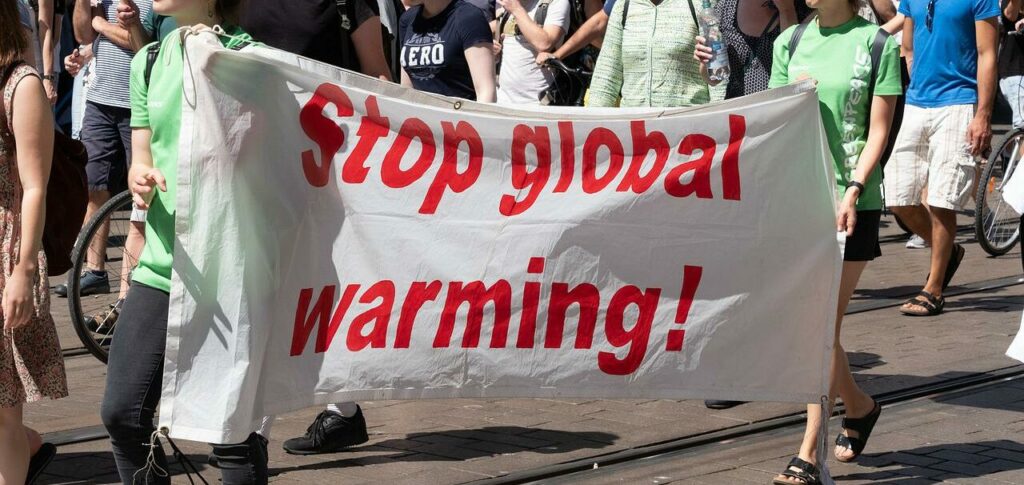Measures such as increasing air conditioning systems are expensive, energy-intensive and not viable in the long term because they themselves contribute to climate change. If greenhouse gas emissions are not “aggressively” reduced, the planet will face “levels of extreme heat unimaginable today,” they warned.
ADVERTISING
The United Nations and the International Federation of Red Cross and Red Crescent Societies (IFRC) warn, in a joint report on extreme heat phenomena, about the need for countries to prepare for future heat waves and thus avoid a major number of deaths.
Less than a month before COP27, which will be held in November in Egypt, the entities recalled that, due to the current climate evolution, “heat waves could reach and exceed the physiological and social limits” of humans in the coming decades, especially in regions such as the Sahel and South and Southwest Asia.
According to the document, there are limits beyond which humans exposed to extreme heat and humidity cannot survive and beyond which societies cannot adapt.
ADVERTISING
These conditions will lead to “large-scale suffering and loss of human life, population movements and worsening inequalities”, the organizations warned.
According to the document, in almost all territories where statistics are available, heat waves constitute the deadliest climate hazard.
Every year, thousands of people die from heat waves, a phenomenon that will become increasingly deadly as climate change worsens, according to the report, released by Martin Griffiths, head of the United Nations Office for the Coordination of Climate Change. Humanitarian Affairs (OCHA), and Jagan Chapagain, Secretary General of the IFRC.
ADVERTISING
Heat waves have caused some of the deadliest catastrophes on record.
The report recalls that the heat wave that hit Europe in 2003 left more than 70 people dead and that the heat wave that Russia experienced in 2010 killed more than 55 people.
According to the document, experts believe that mortality rates linked to extreme heat are very high, “comparable in magnitude to that of all types of cancer by the end of the century”.
ADVERTISING
Silent assassin
This year, entire regions and countries in North Africa, Australia, Europe, South Asia and the Middle East, as well as China and the western United States have experienced record temperatures.
The report states that extreme heat is a “silent killer” whose effects will amplify, creating immense challenges for the planet’s sustainable development and causing new humanitarian needs.
“The humanitarian system does not have the resources to resolve a crisis of such magnitude on its own. We already lack the funds and resources to respond to some of the worst humanitarian crises this year”, highlighted Griffiths during the press conference to present the document.
ADVERTISING
The organizations called for large investments, urgent and sustained over time, to mitigate the impact of climate change and contribute to the long-term adaptation of the populations of the most vulnerable countries.
According to a study cited in the report, the number of poor people living in extreme heat in urban areas will increase by 700% by 2050, especially in West Africa and Southeast Asia.
(With AFP)






